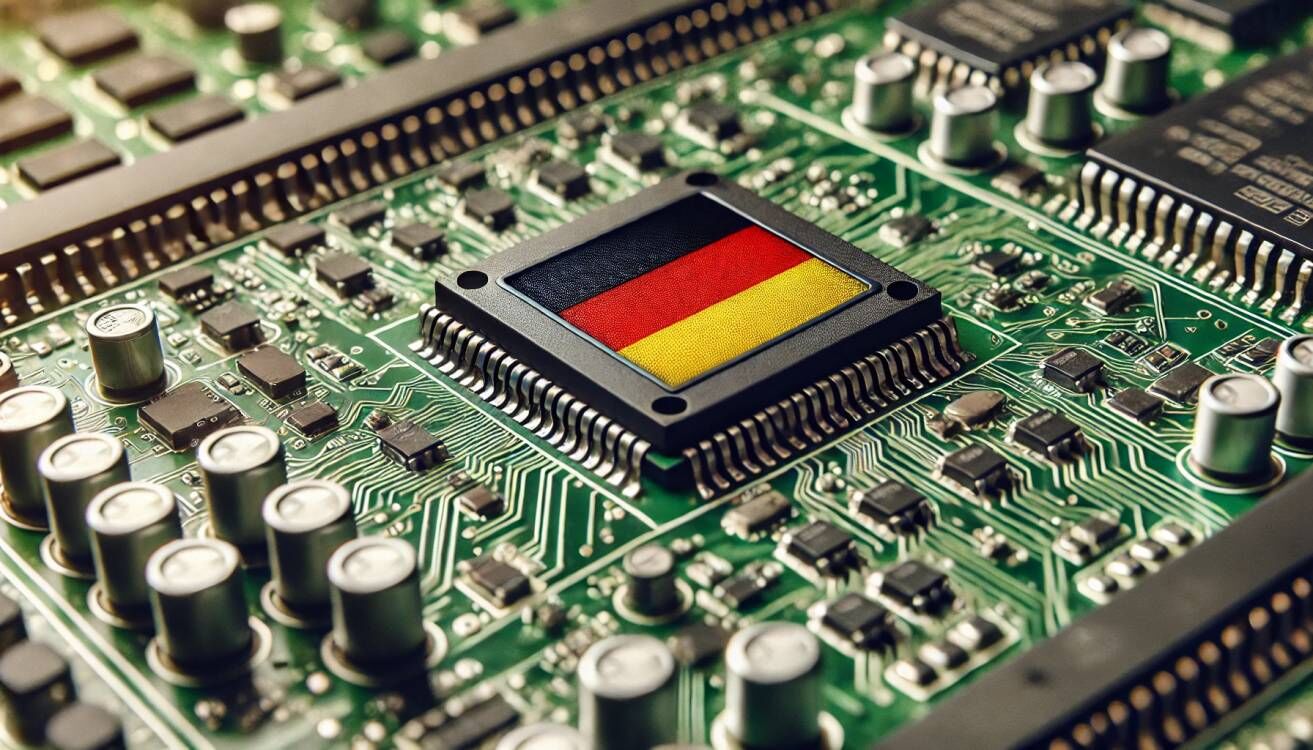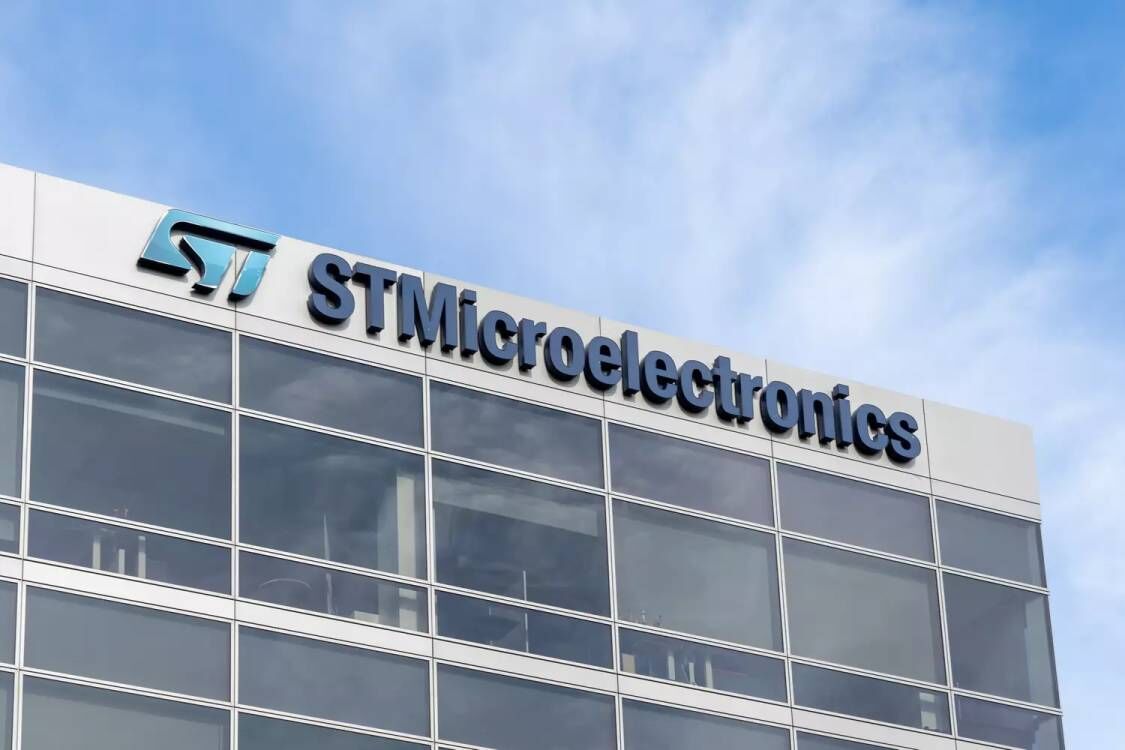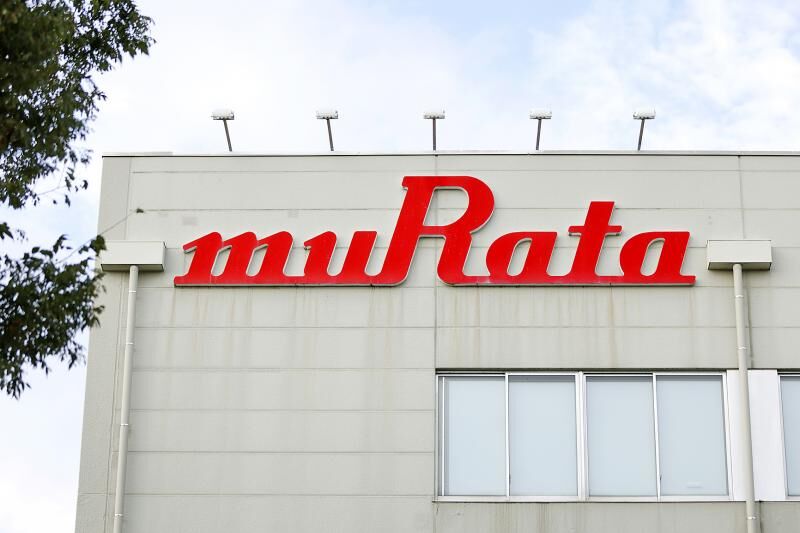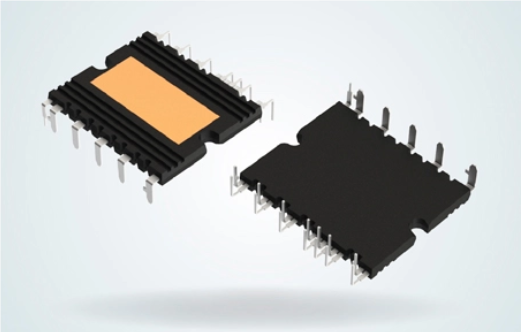December 3, 2024 /SemiMedia/ — The German government is set to provide approximately €2 billion in subsidies to strengthen its domestic semiconductor industry, aiming to support 10–15 projects, including raw wafer production and advanced microchip assembly. According to Annika Einhorn, a spokesperson for the Ministry of Economic Affairs, this funding will drive the development of cutting-edge manufacturing capacities beyond current technological standards
This initiative aligns with the European Chips Act, which seeks to bolster the EU's semiconductor capabilities and reduce reliance on external suppliers. The act has allocated €3.3 billion in EU funding, complemented by member states’ investments, to promote research, innovation, and advanced pilot production lines across Europe.
However, Germany’s investment comes at a time of intensified global competition. While countries like the U.S., China, and South Korea are investing €200 billion, €150 billion, and €452 billion respectively, Europe’s efforts appear modest in comparison. Analysts emphasize the need for Europe to prioritize areas like power semiconductors and to enhance local production of chip-making equipment and materials.
This move also follows Intel's recent decision to pause its €30 billion chip plant in Magdeburg, highlighting challenges in attracting and retaining major semiconductor investments. Germany’s subsidy program is viewed as a critical step to maintain competitiveness and resilience in its chip ecosystem












All Comments (0)